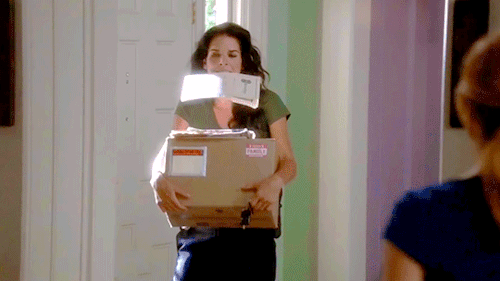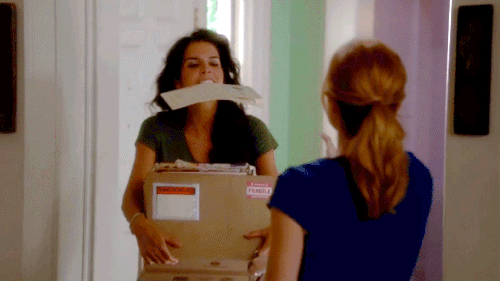Roommate’s Brother Flew The KC-46 Pegasus In The D.C. 4th Of July Flyover And Sent Along Some Cool

Roommate’s brother flew the KC-46 Pegasus in the D.C. 4th of July flyover and sent along some cool pics refueling the Blue Angels (a few more in comments)
More Posts from Crazycreampuff and Others

Cold War Jets | The sweeping lines of the Hawker Hunter (entered service RAF 1954)
Imperial War Museum Opened by King George

An 18-inch naval gun (the largest ever used by Britain, and the second-largest ever used after those of Japan’s Yamato-class battleships in the next war), being installed at the Imperial War Museum in the Crystal Palace ahead of the June 1920 opening.
June 9 1920, London–Already in 1917, the Imperial War Cabinet began considering how to commemorate and preserve the history of the war. An MP, Alfred Mond, proposed the idea of a National War Museum, and this was swiftly agreed to. Proposals to expand the scope into a museum and memorial were rejected by the War Cabinet, who wanted to keep the two concepts separate (the Cenotaph would be unveiled on Armistice Day 1920). To reflect the contributions of India and the other Dominions, the name was changed to the Imperial War Museum by the end of 1917. The museum held a few temporary exhibitions in the following years, but did have a permanent location until June 9, 1920, when its site in the Crystal Palace was opened by King George V.
The museum would relocate in 1924 (well before the Crystal Palace burned in 1936), and again in 1936. In the years since, its collections have grown to encompass material from the Second World War and subsequent British conflicts, and it has opened additional locations.
The author would like to thank the Imperial War Museum for their extensive photographic archive of the First World War, from which many of the pictures for Today in World War I were drawn.











The beautiful women of the MCU.

Mexican military open fire on a Hawker cartel plane carrying drugs after it crash-lands on motorway

Built a plane which works with the help of rubber bands

Messy Supercorp sketch





![Polish MiG-23MF [773x888]](https://64.media.tumblr.com/53de4e7dde8c3eb7cd85eacfc310ab96/810298f3eb9bdd0f-dc/s500x750/c246eed81f4aab878b9ddf6ca33c10512ef9b42a.jpg)
Polish MiG-23MF [773x888]
-
 crazycreampuff reblogged this · 4 years ago
crazycreampuff reblogged this · 4 years ago -
 marineav8r liked this · 4 years ago
marineav8r liked this · 4 years ago -
 papasmurfsmith liked this · 4 years ago
papasmurfsmith liked this · 4 years ago -
 massivefoxtheorist reblogged this · 4 years ago
massivefoxtheorist reblogged this · 4 years ago -
 j-r-macready liked this · 4 years ago
j-r-macready liked this · 4 years ago -
 aviationblogs reblogged this · 4 years ago
aviationblogs reblogged this · 4 years ago